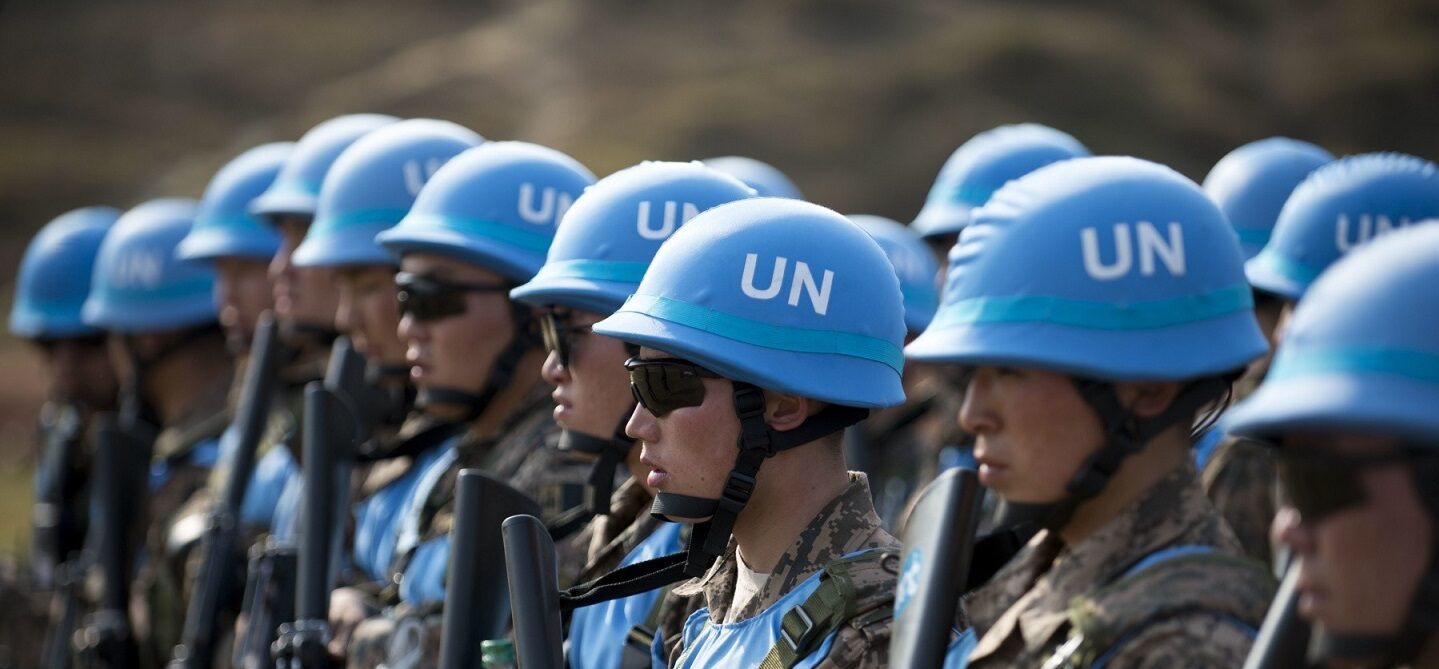PL SC 503
Multivariate Analysis for Political Research
Professor Christopher Zorn
This is the second (full) course in quantitative methods in Penn State’s political science Ph.D. program. The course introduces students to regression-type models for the analysis of quantitative data, and provides a basis of knowledge for more advanced statistical methods. The course assumes basic math literacy, including familiarity with probability theory, properties of estimators, rudimentary calculus, and linear algebra. The bulk of the course will focus on general models of the form Y = f(XB) + e, and will include discussions of the mathematical bases for such models, their estimation and interpretation, model assumptions and techniques for addressing violations of those assumptions, and topics related to model specification and functional forms. Under this general framework, we will also provide a very brief overview of regression models for binary, ordered, unordered, and event count variables.
Tuesdays & Thursdays, 11:15 A.M. – 12:30 P.M.
236 Pond Lab
____________________________________________________________
PL SC 511
Professional Norms in Political Science
Professor Marie Hojnacki
This course has two main related goals. The first is to help you get the most out of your graduate school experience. The second is to help prepare you for becoming an academic, both by developing a better understanding of the profession and of the job market. We will discuss how best to approach coursework, GA assignments, the MA essay, and other research endeavors so that your job portfolio is as strong as it can be. We will consider ideas and suggestions for developing good research questions, writing an MA essay, and using summers judiciously. Other topics will include strategies for effective conference attendance; the responsible conduct of research; and how the job market works and how to prepare for it.
Students will be expected to attend each and every session, participate in seminar discussions, and complete weekly assignments. Grading for the course will be pass/fail.
Note: You should enroll in this course if you are entering the second semester of your first year. This is a required, 1.5 credit course.
Wednesdays, 2:30 – 3:45 P.M.
114 Keller Building
______________________________________________________________
PL SC 518/SOC 518
Survey Design
Professor Kurt Johnson
This course is intended to provide graduate students the background to both evaluate published research using survey methods, and — when combined with additional training — to design their own surveys to collect data for their own research. Students will learn the essentials of sampling, questionnaire design, and how surveys may be implemented in different modes: telephone, face to face interviews, mail or other self-administered modes, and the internet. The course will emphasize how decisions of research design have important implications for the validity, reliability, and quantity of data that will be analyzed to answer key questions in the social, behavioral and health sciences.
Tuesdays, 6:30 – 9:30 P.M.
012 Life Science Building
_____________________________________________________________
PL SC 541
American Political Institutions: Judicial Politics
Professor Christopher Zorn
This is a course on the politics of judicial institutions. The general perspective will be comparative, but with a significant part of the court material focusing on the U.S. case. Specific topics include the design of judicial institutions (including structures of court systems, judicial selection and retention, agenda-setting, and court operation), judicial decision making, the impact of court decisions, and courts’ relationships to other political actors (including executive and legislative institutions, interest groups and political parties, and mass publics). Evaluation will be based on class participation and engagement, a series of short response papers, and a research paper.
Wednesdays, 9:05 A.M. – 12:05 P.M.
236 Pond Lab
____________________________________________________________
PL SC 556
Civil Conflict
Professor Gretchen Casper
“What explains the variations in outcomes and magnitudes of civil conflict? For example, why do some conflicts result in peaceful settlements while others lead to civil war? Why can the same type of event, such as political protest, end in a peaceful outcome in one context but a violent one in another? Over the last twenty years, comparative scholars have focused on connections and transformations within specific types of conflict. Scholars who studied authoritarianism began to explain why some democratization processes resulted in democratic consolidation while others ended in democratic collapse. Social movement theorists expanded their focus to include contentious politics more broadly. People studying insurgency groups included civil wars in their research. Yet, these types of conflict — democratization, contentious politics, and civil wars – are related to each other, and to other examples of civil conflict.
In this seminar, then, we will compare across types of civil conflict. First, we will consider general readings on cooperation and conflict. Then, we will locate specific types of conflict — governmental collapse, ethnic conflict, insurgency, and civil war — within the general space of civil conflict, observing the relationships between them, and explaining the variations in outcomes and magnitudes of violence. Finally, students will build and test their own theories regarding civil conflict.
The goals of the seminar are three-fold. First, you will gain an introduction to civil conflict studies in comparative politics. Second, this background will help you prepare for your comparative politics comprehensive exams. Third, the seminar can give you an early start on a conference paper, master’s thesis, or dissertation proposal on civil conflict.”
Wednesdays, 6:00 – 9:00 P.M.
236 Pond Lab
__________________________________________________________
PL SC 563
International Political Economy
Professor Boliang Zhu
“This is an advanced graduate course on international political economy (IPE). The goals of the course are to (i) review recent research in IPE, (ii) prepare doctoral students for the comprehensive exam in International Relations in general and more specifically, International Political Economy and (iii) encourage students to form original ideas for promising research projects in the area of international political economy. This seminar focuses on key issues in international political economy, such as trade, foreign direct investment, international finance and monetary policy, foreign aid, development, and international institutions and cooperation. We will investigate the role of international institutions in economic relations and the effect of domestic politics on international cooperation in the areas of trade, investment and finance, as well as attempt to identify the “state of the art” in international political economy. “
Thursdays, 1:00 – 4:00 P.M.
236 Pond Lab
___________________________________________________________
PL SC 565
International Conflict
Professor D. Scott Bennett
This seminar is a graduate level survey of theories of international conflict. We will read and critically evaluate portions of the political science literature on the causes of conflict and war in international politics. The readings will cover central theoretical perspectives, debates, and empirical research in the field. We will start with a selection of classic/traditional theories of conflict and move into discussions of more recent perspectives, highlighting recent debates in the field. As a result, and due to the time limits in the class, some areas of research on conflict (including alliances, deterrence, learning, and psychology) have been omitted. Some suggested readings on these other topics are included at the end of the syllabus. In addition, our focus will be primarily on the causes of interstate conflict, although we will briefly discuss the expansion and duration of conflict and on non-state/terrorist conflict. Several topics that we only touch on here are examined in more detail in other courses, including civil war, casualties and the destructiveness of war, and conflict duration/conflict settlement and outcomes.
Specific topics to be examined are likely to include some or all the following: Power Transitions; Expected Utility / Bargaining / Game Theory; Domestic Politics, Democracy, and Diversion; Power and Polarity; Trade and Interdependence; War Duration and Expansion. The course will likely NOT focus on, but will provide references and occasional comments on: Past Interactions and Rivalry; Gender and War; Crisis Bargaining, Learning, and Reciprocity; Long-Cycles; Arms Races; Deterrence; Offense-Defense Balance; Perceptions; Psychological and Prospect Theories.
Tuesdays, 1:00 – 4:00 P.M.
236 Pond Lab
____________________________________________________________
PL SC 597A
Government Corruption in Comparative Perspective
Professor Elizabeth Carlson
“Corruption” is a popular, and often unchallenged, explanation for everything from economic stagnation to bureaucratic delays to unpopular policies. But the concept is actually quite slippery: what acts count as corruption, what acts count as legitimate means of influencing politics, and what acts are simply ineffective governance? How do we identify and measure exchanges that all participants are intentionally keeping secret? Why have some countries virtually eliminated corruption while it is endemic in others? What harm does corruption actually cause, to whom, and how? How can corruption be curtailed — or can’t it? The course will provide a nuanced view of the causes and effects of corruption as well as an introduction to the particular methodological challenges inherent in studying it.
Mondays, 9:05 A.M. – 12:05 P.M.
236 Pond Lab
_____________________________________________________________
PL SC 597B
Measurement Theory
Professor Christopher Fariss
Political scientists are often interested in explaining concepts that are either difficult if not impossible to observe. Examples of unobservable concepts include political ideology, inequality in developing countries, democracy, or respect for human rights. A key challenge for political scientists and social scientists generally, is creating models that can explain these concepts while also capturing the uncertainty associated with their measurement. This course will provide an introduction to measurement models generally with specific focus on Bayesian measurement models and relational data. The course will also emphasize the use of construct validity to assess new and existing measures.
Tuesdays and Thursdays, 4:15 – 5:30 P.M.
236 Pond Lab


